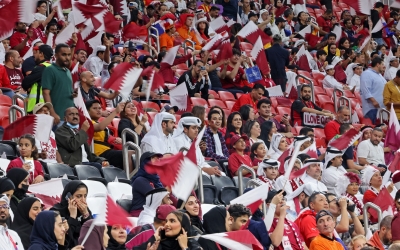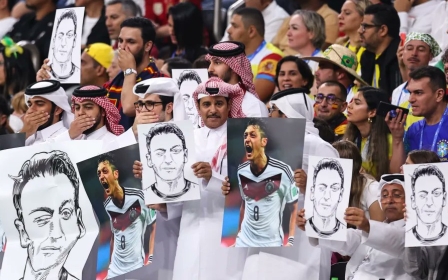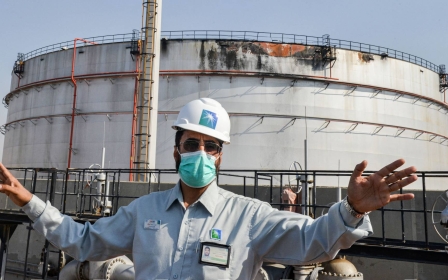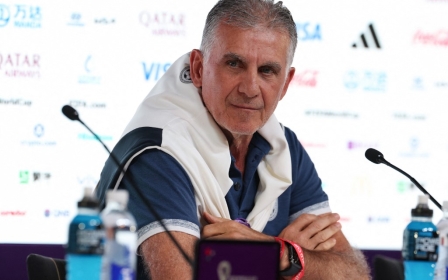Qatar to send Germany millions of tons of natural gas in first major deal
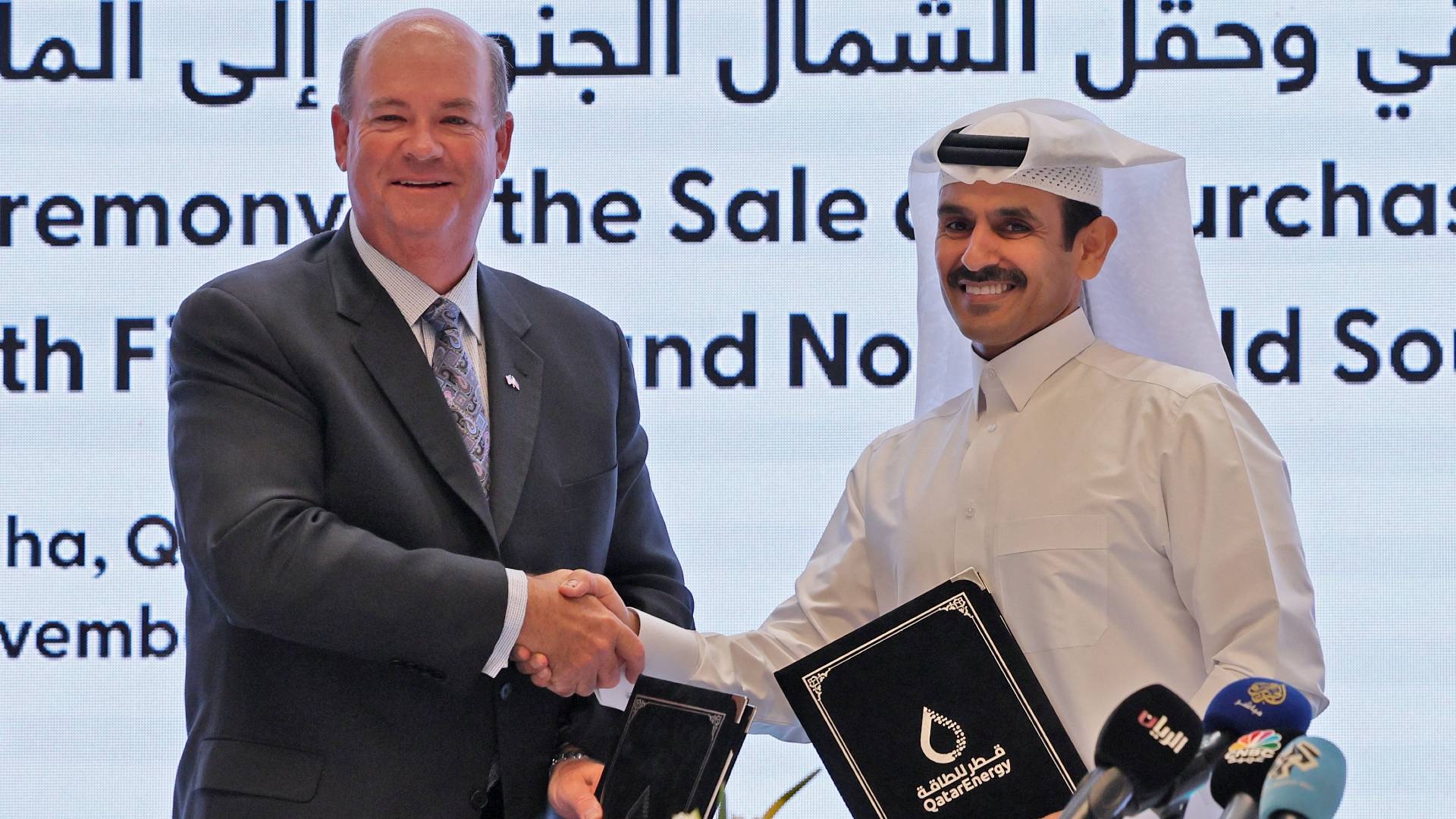
Qatar has announced its first major gas deal with Germany, as countries in western and central Europe attempt to move away from reliance on Russian gas.
Qatari Energy Minister Saad Sherida al-Kaabi said on Tuesday that up to two million tons of Qatari liquefied natural gas per year would be transported to Germany beginning in 2026.
The gas contract is set for 15 years, while QatarEnergy, a state-run company, is eyeing other gas deals with European countries.
Kaabi, who is also QatarEnergy's chief executive, said that his company does not have enough negotiators to handle talks for potential gas deals with many European and Asian countries.
Russia's war on Ukraine had prompted Germany to find an alternative source to Moscow's gas - however, Germans still have a looming cold winter to cope with.
Qatar's LNG would be transported by US firm ConocoPhillips to a new port terminal at Brunsbuttel, a town that lies at the mouth of the Elbe river, near the North Sea, north of Germany.
"We are committed to contribute to the energy security of Germany and Europe at large," Kaabi told media after the signing ceremony with ConocoPhillips chief executive Ryan Lance.
"There are very intense discussions with European buyers and with Asian buyers. We do not have enough teams to work with everybody, to cater for their needs," Kaabi said, predicting that they would be a "scarcity of gas coming in the next few years".
Lance said that the deal was "a vital contribution to world energy security".
The Germany-Qatar deal comes just days after Doha announced a 27-year agreement to supply China with four million tons of gas annually, the most extended contract in the industry.
Qatar will extract LNG from the North Field East and North Field South projects in the Gulf sea, which are currently developing with ConocoPhillips and other energy companies.
The country is aiming to increase its production by 60 percent by 2027 by expanding the North Field, the world's largest natural gas reserve, which runs along the Gulf into Iranian maritime territory.
China, Japan and South Korea are the leading importers of Qatar's LNG. However, Doha's revenues from natural gas have doubled in the past year due to the Russian war on Ukraine and western sanctions on Russia.
Qatar World Cup
The gas deal between Germany and Qatar followed an intense diplomatic period in which German officials criticised Doha over human and LGBTQ+ rights ahead of the World Cup.
The German players had staged a protest by covering their mouths ahead of their opening match against Japan, in which Germany lost 2-1 last week.
Qatari fans had held up posters of the German player Mesut Ozil during the Germany and Spain match, the player had quit the team in 2018, citing racism within the country's footballing establishment.
In November, Germany's Interior Minister Nancy Faeser visited Doha, acknowledging that Qatar had "very good laws" in addressing human rights, just days after she said in a TV interview that "it would be better that tournaments are not awarded to such states", referring to Qatar.
Middle East Eye delivers independent and unrivalled coverage and analysis of the Middle East, North Africa and beyond. To learn more about republishing this content and the associated fees, please fill out this form. More about MEE can be found here.


